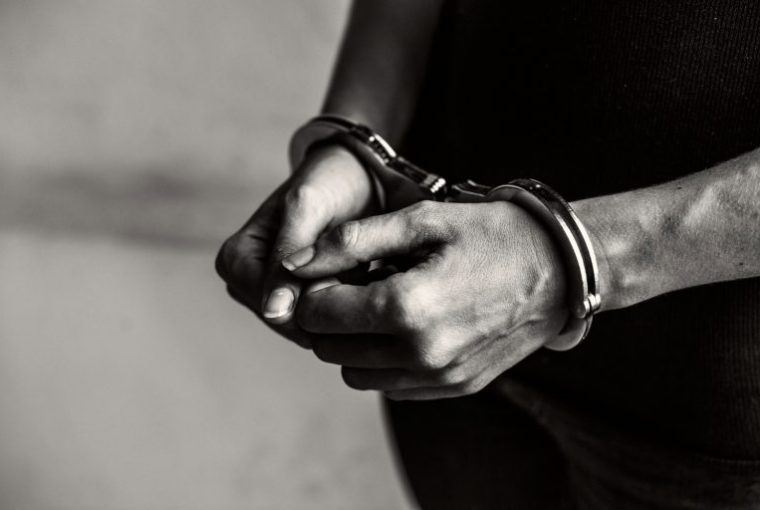Being accused of murder is a very serious charge and one that can have devastating consequences. It is essential to understand how to defend yourself against homicide charges. One of the most common defenses against homicide charges is self-defense. If you can show that your actions were in self-defense, then you may be able to avoid the charges altogether or receive a reduced sentence if convicted.
Homicide charges can come from an accident, such as a car accident that results in someone’s death, or they can be intentional. If you are charged with homicide because you killed someone intentionally, you may face first-degree murder charges. First-degree murder means that the person intentionally planned and carried out the killing of another person with malice aforethought — “premeditation” or “with prior planning.” Here are some tips on how to defend yourself against a homicide charge:
Contact a legal team
It can be challenging to know what to do if you’re facing criminal charges. The police and prosecutors have a lot of power and often use it against innocent people. The first thing you need to do is hire an experienced legal team like the legal team at the Khonsari Law Group as soon as possible. The experienced legal team will be able to help you understand your rights and how best to protect yourself from unfair prosecution. But before you even think about hiring an attorney, it’s crucial that you understand the laws that apply in your state. Each state has its laws when it comes to murder and manslaughter. And while some states have similar statutes for these crimes, others might not apply if the circumstances don’t fit the law exactly right.
Establish the killing was not premeditated.
The most common defense against homicide charges is that the killing wasn’t premeditated. If you can prove that you didn’t intend to kill someone, you may be able to avoid a murder conviction altogether. For example, if you were provoked into fighting with another person and killed them in self-defense after they started beating you first, then you may not have committed murder or manslaughter at all.
Make sure there is no evidence against you
The most important thing you can do is to make sure that there is no evidence against you. If you are charged with a crime, the prosecutor will have to prove beyond a reasonable doubt that you committed the crime. They cannot make this case if they do not have any evidence against you.
Prepare for questioning by the authorities
Be prepared for questioning by police officers and detectives about your involvement in the crime, but do not say anything until you have spoken with your lawyer first. If possible, try to get video footage or pictures of where the crime occurred before police arrive at the scene so that officers cannot use this information against you later on during their investigation or trial process.
Ensure there are no witnesses
Make sure that there are no eyewitnesses who saw you commit the crime. Eyewitness testimony can be unreliable and subject to bias. This can result in a different outcome than what happened on the night of the crime. For example, if an eyewitness says that he saw the defendant holding a gun while holding an umbrella, it could result in an acquittal for lack of proof beyond a reasonable doubt.
- Online vs Offline Casinos: The Pros and Cons - April 24, 2024
- Top Reasons to Play at Online Casinos in Australia - April 24, 2024
- Serving Aces and Placing Bets: A Beginner’s Guide to Tennis Betting - April 22, 2024









